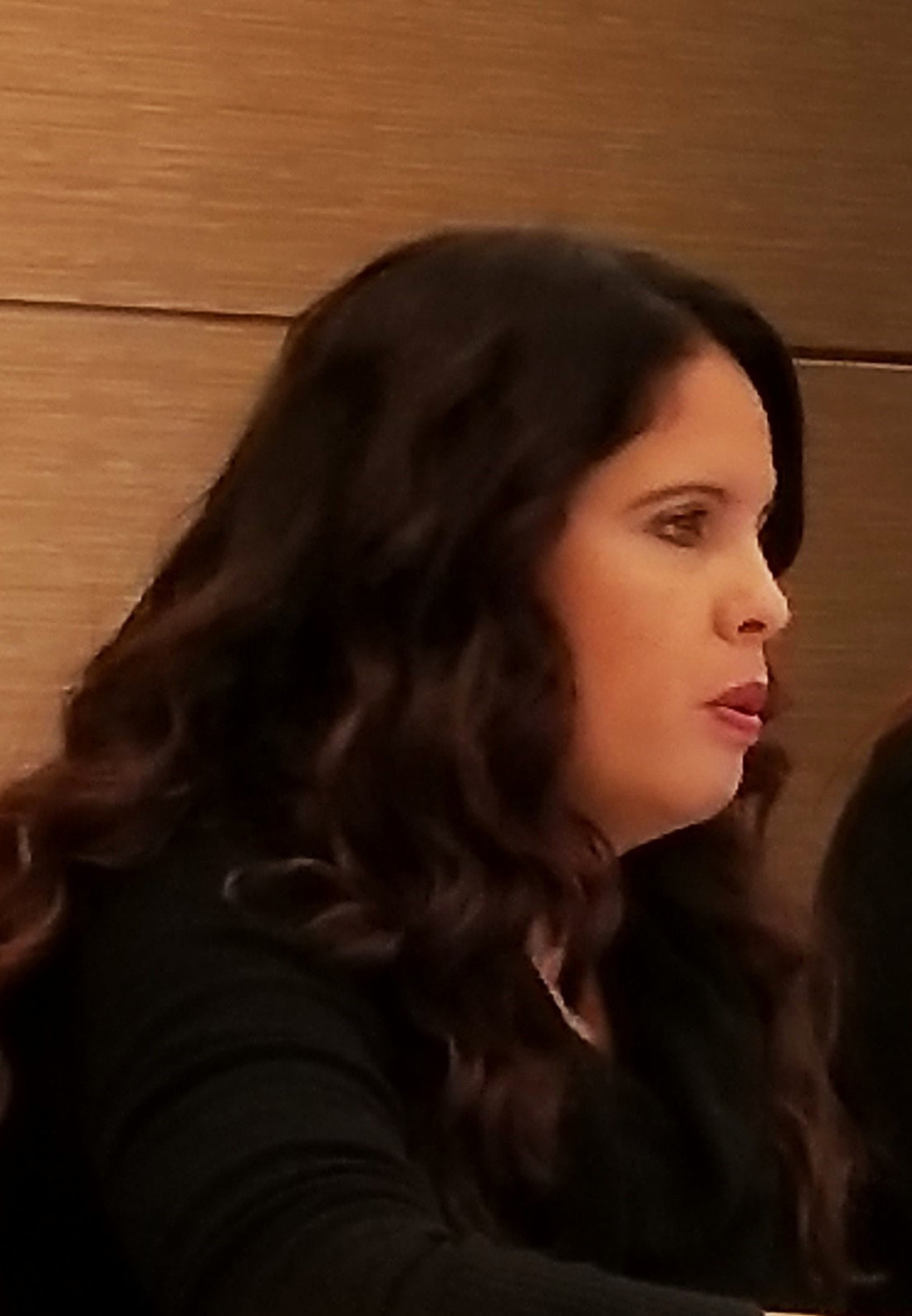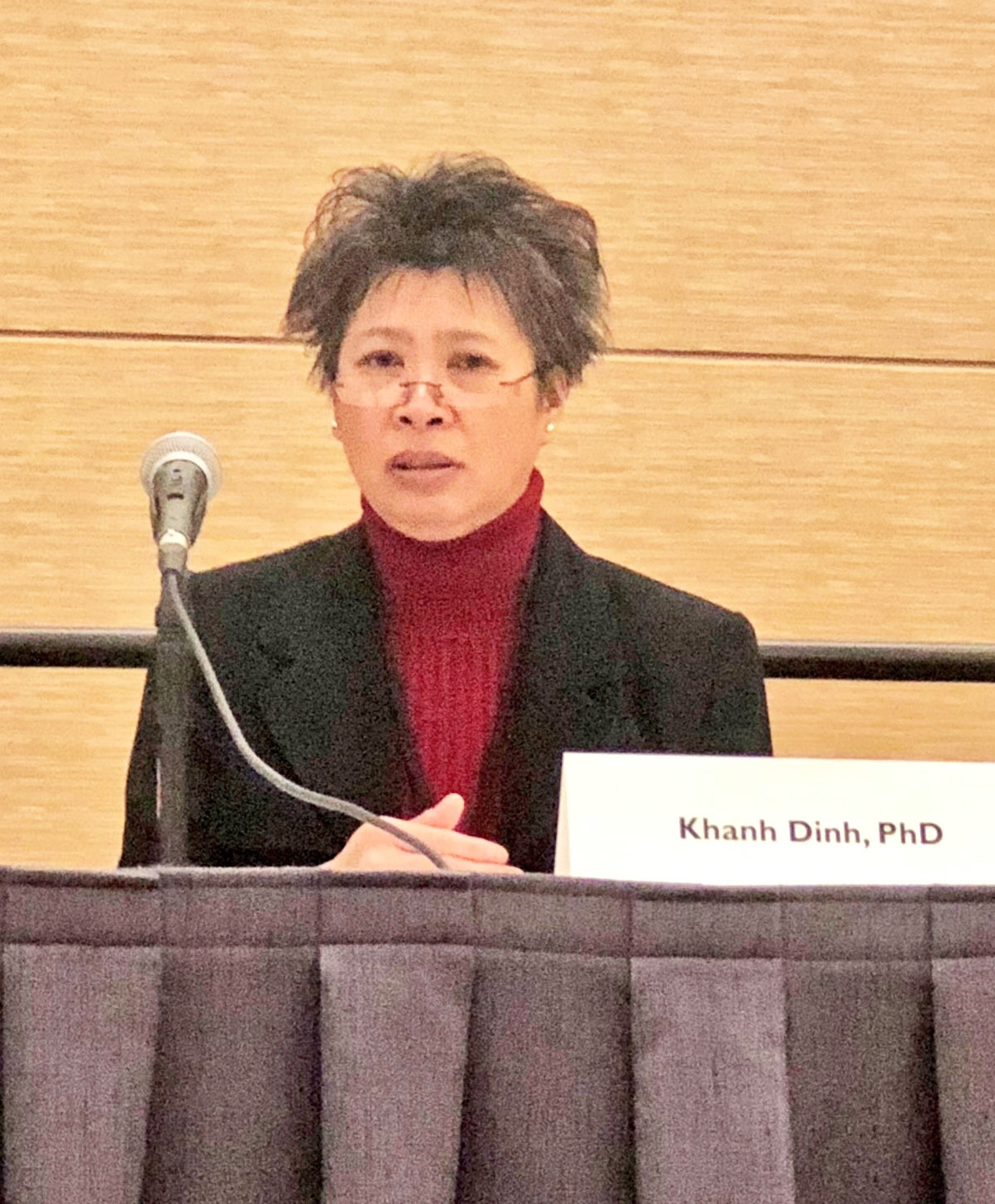How best to meet the health needs of immigrant families
MLPB conference puts the spotlight on identifying best practices in a value-based, accountable care environment, with immigration laws and policies in flux
BOSTON, Mass. – Due to rapidly changing immigration laws and practices [such as family separations at the U.S. border and proposed changes to a long-standing “public charge” rule that impacts people seeking green cards and some visas], immigrant families are confronting new barriers to accessing food, housing, health, transportation services, as well as safety and stability challenges.
On Wednesday, Nov. 7, 75 interdisciplinary health leaders from Rhode Island, Massachusetts and beyond met at the Boston Convention and Exhibition Center for a day-long conference to explore how best to deliver care to immigrants in the current shifting landscape of federal policy changes.
Participants included: community health workers and social workers employed in a range of settings; public health professionals based at the R.I. Department of Health and the Mass. Department of Public Health; administrators and clinicians from large health systems such as Lifespan and Steward Health Care; and policymakers from the Massachusetts Health Policy Commission as well as public interest attorneys from several states.
The conference, entitled “Beyond Screen and Refer: What Social Determinants of Health Care Teams Serving Immigrants Need to Know Today,” was hosted by MLPB [formerly known as the Medical-Legal Partnership | Boston]. The nonprofit seeks to equip health and human service workforces with upstream problem-solving strategies that improve people’s outcomes around the social determinants of health.
In its work, MLPB leverages its team’s public interest law expertise to advance health equity. Since January of 2017, MLPB has expanded its regional footprint, partnering with Rhode Island-based facilities and establishing formal partnerships with Hasbro Children’s Hospital, Kent Hospital’s Family Care Center, and Rhode Island Hospital’s Primary Care Center.
Under an increasingly integrated health care and human services ecosystem, focused on managing and improving population health outcomes, many stakeholders in Rhode Island and Massachusetts are seeking to implement value-based, accountable care. Those efforts have resulted in ongoing conversations and initiatives about how best to combine forces to serve vulnerable populations, under the new financial mandate in the delivery of value-based health care.
In turn, MLPB wants to ensure the expanding health workforce is well prepared to serve all people, regardless of immigration status.
How immigration status impacts health
While immigration status is not explicitly identified by the Centers for Medicare and Medicaid Services or state Medicaid offices as a health-related social need, it is inextricably linked to a person’s ability to access resources that can mitigate food insecurity, housing instability, transportation barriers, and interpersonal violence.
Immigration status also has profound consequences for mental health. “Undocumented immigrants are living in a war zone, not knowing where the landmines may be,” said Khanh Dinh, professor of Psychology at the University of Massachusetts Lowell. They may not know, Dinh continued, “whether they will ever see their family members again.”
Further, she added: “Parents are their children’s primary socializing agents. Immigration-specific impacts on this socializing are complicated by trauma-inducing policies that create intergenerational legacies.”
Minimizing risk
One of the challenges faced by health and human service providers is to learn how they can document communication with patients and clients about their social, economic, and environmental needs – and not put them at risk.Organizations seeking to provide immigrant-friendly care must be thoughtful when guiding providers on how to document references to people's immigation status in organizational records, such as electronic medical records.
During a plenary session at the conference, Ellen Weinstein, Deputy General Counsel at Boston Medical Center [New England’s largest safety net hospital], shared with attendees a pioneering protocol that Boston Medical Center recently adopted across its institution.
In addition, Julian Rodriguez-Drix, Asthma Program Manager at the R.I. Department of Health, observed that in addition to workforce training, community organizing is often a key strategy to protect immigrant families: “[There is] so much to learn and share, this is so important,” he said.
Strategies around trauma
Another challenge faced by health and human services providers is how best to provide trauma-informed care without re-traumatizing the person, according to Elizabeth Bogus, a clinical social worker at Hasbro Children’s Hospital and a presenter at the conference. Bogus stressed “the importance of being trustworthy and transparent in trauma-informed interviewing to avoid triggering or re-triggering” [the trauma] for the person being screened for health-related social needs.
Part of the solution, explained Carinel LeGrand, the program coordinator of Lifespan’s Connect for Health initiative, is to “maintain safe spaces where we treat [families] with dignity and respect” when screening for social determinants of health and eligibility for food, housing and transportation services.
Freedom from interpersonal violence
Another challenge explored at the conference was how immigration status can affect eligibility for resources that enable freedom from interpersonal violence – including but not limited to intimate partner violence.
“Immigrant survivors face many barriers to reporting interpersonal violence to authorities or other resources that could be supportive,” explained Gloria Greenfield, director of Immigration Advocacy at Sojourner House.
Samantha Morton is the CEO of MLPB.



![Elizabeth Bogus, a clinical social worker at Hasbro Children’s Hospital,stressed “the importance of being trustworthy and transparent in trauma-informed interviewing to avoid triggering or re-triggering” [the trauma] for the person being screened for health-related social needs.](/uploads/original/20181111-172847-Elizabeth Bogus.jpg)




